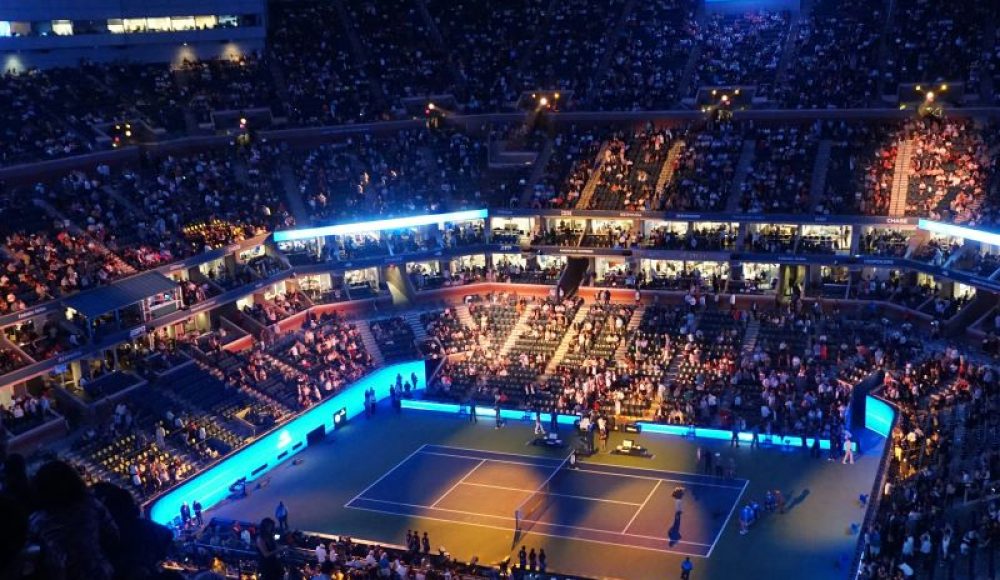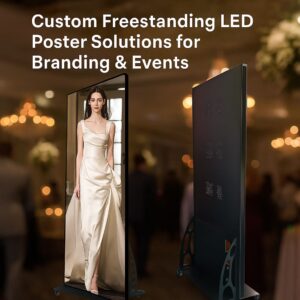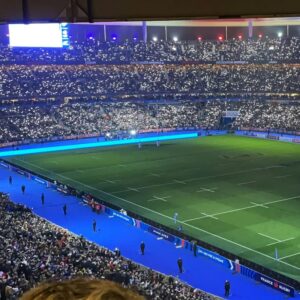The Changing Face of Sports Advertising
Sports advertising is evolving. Traditional static boards no longer capture audience attention or deliver measurable ROI. Central jumbotrons are expensive and often monopolized by large sponsors. In this shifting landscape, soft screen stadium LED displays offer a powerful, flexible, and cost-effective solution.
At TOPLED, we specialize in customized LED soft screen solutions for stadium environments. This article explores the untapped potential of these displays and how they generate significant returns for advertisers and venue owners alike.
1. Current Pain Points in Stadium Advertising
Stadiums often boast high foot traffic and extensive TV coverage, yet many traditional advertising methods fall short in terms of performance and ROI. Below are two of the most common limitations:
A. Static Billboards: Outdated and Rigid
Static billboards, while still common, struggle to capture modern audience attention.
Low engagement: Without motion or visual effects, static ads fail to stand out in dynamic environments.
High replacement costs: Updating content requires printing, manual labor, and downtime.
Limited adaptability: Once installed, the ad remains the same throughout all events, regardless of the audience or context.
B. Central LED Boards: Exclusive and Expensive
Central LED screens offer premium visibility but come with significant drawbacks.
High cost barriers: Only top-tier brands can afford the center-stage visibility.
Limited access: Smaller or local brands often get excluded from this prime space.
Restricted visibility: These screens are typically visible from one direction or location, missing large portions of the audience.
C. A Smarter Alternative: Soft Screen Stadium LED Displays
Compared to traditional options, soft screen stadium LED displays—installed along field edges or court sidelines—offer a smarter, more inclusive solution.
Dynamic content: Supports video, animation, and real-time updates to maximize engagement.
Multi-angle exposure: Visible from nearly all seating areas and effective for broadcast cameras.
Cost-effective: More affordable than central LED boards, making it accessible for brands of all sizes.
Event versatility: Easily adaptable for different sponsors or campaigns during various events.

2. Core Advantages of Soft Screen Stadium LED Displays
A. Maximum Visibility in High-Exposure Zones
Soft screen displays are strategically positioned in camera-facing areas along the edges of fields or courts, making them highly visible not only to live audiences but also in televised broadcasts. On average, these screens appear over three times per second during live coverage, ensuring brands receive continuous and impactful exposure.
B. Real-Time Content Flexibility
One of the key innovations of soft screen systems is their ability to update content in real time through remote control. Advertisers can adjust messages instantly, run different promotions by time slot, or tailor content to specific audience demographics, adding a new level of responsiveness and personalization to in-stadium advertising.
C. Accessible and Flexible Leasing Options
Unlike traditional billboard or central screen placements, soft screens can be divided into smaller, affordable ad slots. This makes them an excellent choice for emerging or local brands. Advertisers can also book time-specific placements—such as halftime-only or second-half-only slots—optimizing both cost and visibility based on event flow.
D. Enhanced Audience Engagement
With support for dynamic visuals like motion graphics, countdowns, and branded animations, soft screen displays draw significantly more attention than static signage. These captivating visuals help extend viewer attention spans, deepen brand impressions, and create a more immersive game-day experience.
3. High-Return Scenarios for Soft Screen Advertising
a. Sports Sponsorships with Real-Time Promotions
Example: A beer brand launches a halftime “2-for-1” campaign on the LED border during a football match.
Data Insight: Click-through rate increased by 170% compared to previous static campaigns.
b. Local Business Promotions with QR Code CTAs
Case: A neighborhood gym runs a “Scan for Free Week Pass” offer on a baseball field’s LED edge.
Conversion Rate: 23% of scanned users converted to trial sign-ups.
c. Brand Positioning Through Consistent Placement
Example: An auto brand secures side screen real estate for 3 consecutive seasons.
Impact: Google search volume for the brand rose by 40%.
d. Event Countdown Advertising
Use Case: For concerts or tournaments, the countdown display includes ticket QR codes and flash sales during matches.
Result: Faster decision-making and reduced drop-off from ad to purchase.
4. Ideal Applications of Soft Screen Stadium LED Displays
| Application | Advertising Type | Display Features |
|---|---|---|
| Football and Soccer Fields | Regional and beverage brands | Wide-angle visuals, perimeter format |
| Basketball Arenas | Apparel and energy sponsors | Floor-level engagement, motion ads |
| Baseball Parks | Local retail and services | Short-call offers, QR code scanning |
| Concert Venues | Event sponsors, e-commerce | Countdown timers, live content feed |
| E-Sports & Indoor Arenas | Tech, gaming, and F&B brands | Interactive graphics, team branding |
5. Case Studies: Customer Success with Soft Screen Advertising
| Client Type | Collaboration Model | Performance Results |
|---|---|---|
| Regional Beverage Brand | Quarterly rotating campaigns | In-stadium sales increased by 58% |
| E-Sports League Team | Playoff animated branding | Social media mentions rose 200% |
| Auto Brand | 3-year ad presence | Brand searches increased by 40% |
| Fitness Franchise | QR-led ticket promo | Lead conversion hit 23%, the highest that year |
Each example showcases how soft screen stadium LED displays drive direct, measurable business results.

7. Trends: Where the Market Is Headed
According to Statista, by 2025, over 35% of global sports advertising will use dynamic LED systems. The shift is clear.
Rising demand for real-time engagement
Growing accessibility for mid-size brands
Increased stadium upgrades to digital infrastructure
Brands and venues that adopt soft screen advertising early will dominate their segments. This is the moment to invest.
Conclusion: A Smarter Way to Advertise in Sports
Soft screen stadium LED displays are more than just digital signage. They’re strategic tools that deliver unmatched ROI, drive fan engagement, and create branding moments that last beyond the game.
At TOPLED, we build displays that move people—and products. Whether for international sports leagues or local arenas, our solutions make digital advertising dynamic, data-driven, and impactful.
Now is the time to rethink the sidelines. Let LED transform your message into momentum.




